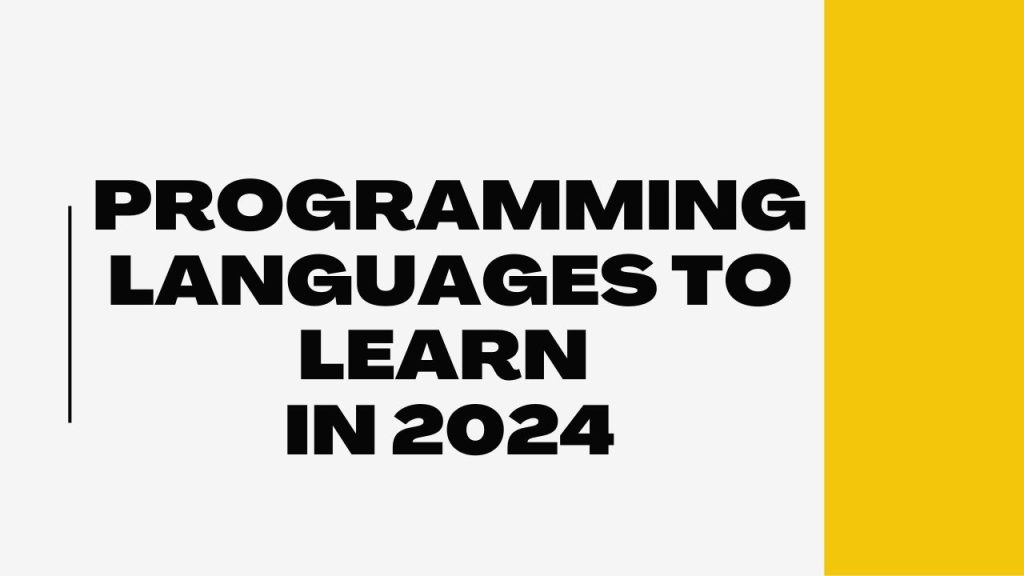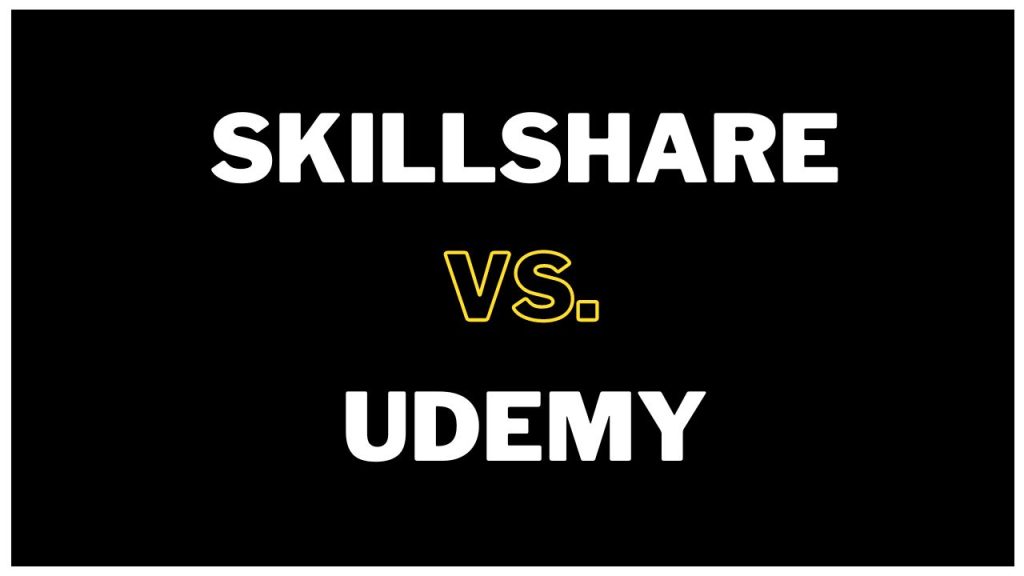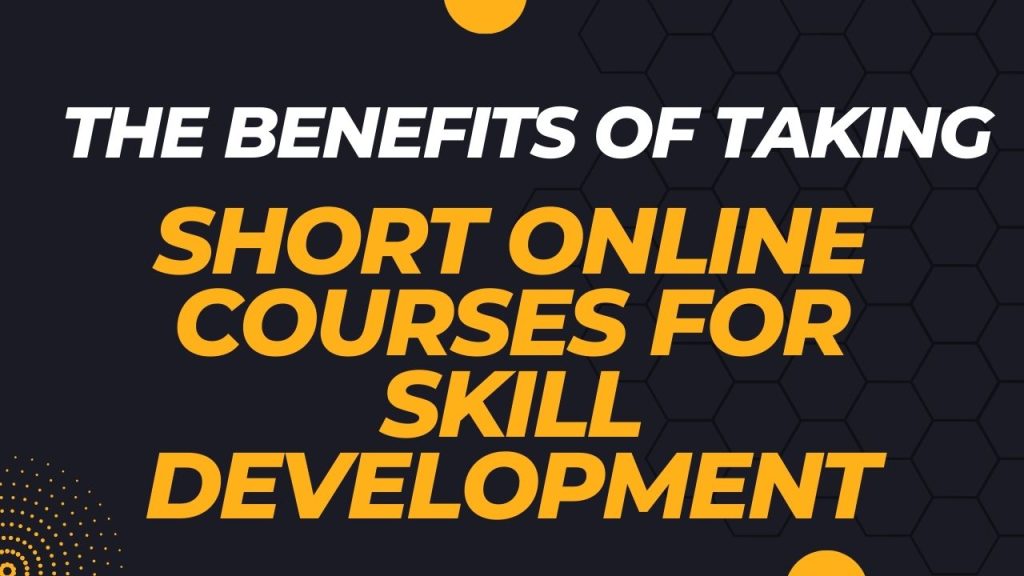Now, you might have seen hundreds of YouTube gurus and countless online articles on what to choose and pursue. What separates this blog from others is the fact that we will deep dive into cognitive biases (A cognitive bias is a systematic error in thinking that occurs when people process and interpret information in their surroundings, influencing their decisions and judgments. It is a natural and universal aspect of human thinking, resulting from the brain’s attempt to simplify information processing through a filter of personal experience, preferences, and limitations) and how to make the correct decision without falling into this trap. Most importantly, we will pick a programming language based not only solely on interests but on what we intend to accomplish and based on the job market.
Without wasting any time, let’s consider some of the common traps that lead us into cognitive biases. Some of the major biases that hinder and prevent us from making the right decision when it comes to the topic of selecting a programming language are:
Bandwagon Fallacy: This fallacy occurs when we pick up a programming language just because all the other cool and popular kids from college are doing it or just because this programming language is popular. One needs to make a thorough analysis and find the exact reason to stick to a programming language because most people quit when things get rough, and make sure you are not one of them.
Hasty Generalisation: Often people are quick to conclusions, resulting in a lack of thorough research on the market and its demands. Instead of making your own judgments, it’s better to seek counsel from someone who has been in this industry. Maybe it’s time to call your uncle or aunt who works as an HR, and if you don’t have one, try contacting them through LinkedIn. Before you DM them, make sure you have built a decent profile on LinkedIn.
Appeal to Authority: Remember your favorite influencer recommending XYZ because they think it’s the best. While I am certainly not saying that it’s bad advice, it pays off to understand the context and research more on the job market.
False Dichotomy: In simple terms, it refers to a condition where our brain gets stuck between either this or that situation. You might have faced a situation to pick up between Java or Python, or Java vs. C++ or C++ vs. Python. It’s easy to get stuck between these two choices without considering a wide range of options and without understanding the base requirement while selecting a programming language.
Case 1: You Come from a Well-Reputed College with an Amazing Placement Track Record
If you come from Tier 1 or Tier 2 colleges where the placement record is decent, and if you perform well, then the college itself will try to find you an internship from reputed companies. In that case, it might be the best option to choose between JAVA / C++. If you have read or researched online on what to choose, then you must know why Java / C++ because in development, these languages do come in handy, and despite being old, C++ is irreplaceable. The reason you have to learn is because it’s companies’ requirement and all legacy or future products will be built using these languages. Even when people online say that AI is gonna replace programming, no, it will never. The people who say AI is going to replace the development life cycle have never tried AI much because if you rely on GPTs, then you know how hard it is to build a project. It takes a lot of prompts and still, you may not be able to build your ideal project. GPTs today are more suitable to automate and build small parts of code rather than working on full-fledged projects, and it takes expertise to assemble these small codes and to come up with additional code where GPTs don’t fulfill the requirement.
Now do note that if you come from Tier 3 and later, then it may not be of your best interest to focus on these, why because good companies may not come to your college, and even if they come they gonna look for low roles like help desk. I am writing these things because it happened with my friends and my seniors, and even if you get placed you may or may not get call back from them. I am not saying all companies do this, but yeah it happened to few of my friends and seniors. It’s best to analyse the situation around you and ultimately you have to make decision if you have to learn Java / C++ , based on opportunities around you. To sum up if you have gotten amazing opportunities around you then learn Java/ C++ and if you don’t got amazing opportunities and time and dedication then don’t. as simple as that.
Case 2: You come from an Tier 3 colleges, and wish to grab some job as quickly as you can.
Well in that case you can learn MERN stack (MERN stands for MongoDB, Express, React, and Node) or any wed development of you choice, because if one comes from Tier 3 colleges then practically speaking you have better shot applying for an startup company locally, get hired and get paid. Why because these companies don’t have strict requirements, and it is important to pick up an proper legit companies, not some shady companies with no employees. So yeah attending local technical conferences, hackathons, and programming contests help you to build contacts and get in tough with legit companies. Or you can do your research online on linkedin
and on google.
Most companies are looking for front-end or full stack developer so this one would be a good choice, and it’s better not to stick to a lot of programming tutorials, and it’s recommended to build projects as quickly as possible.
Case 3: You have an idea on what you want to build
Now if you come under this category then it’s amazing. If you have rough idea on what you want to build then it’s awesome. Based on your requirement here are some recommendations.
- For AI/ML/data science (artificial intelligence / machine learning) it’s recommended to learn python . Additionally you might want to have a look at R or Julia , but yeah there are lot of books and online resources and countless youtube tutorials that are based around building an AI or ML or data science based project with python.
- If you are interested in cybersecurity then it might be a good option to learn Python for automation and creating cool and quick scripts, and you might also check Bash as it can be used to automate small tasks on the LINUX operating system.
- If you want to get into system and server administration, if you focus on Windows, then maybe PowerShell is for you, and for administrating Linux, Bash. It’s suggested to spend more time configuring and managing systems and automating things alongside learning programming, as the majority of the tasks will be based around system and server configuration and management.
- If you wish to get into DevOps, you can pick any programming language of your choice like Python or Bash, and then focus on tech stacks like Git/Bitbucket/GitLab for version controls. For CI/CD deployment you can learn something like Jenkins CI/CD or GitLab or Azure DevOps. To build tools you can use Apache Maven, or NPM package managers, and for testing, you can learn JUnit, Selenium, PyTest, or JTest. Not to mention containerization technologies like Docker, Kubernetes, and Terraform will be helpful as well. In a nutshell, any generic programming language coupled with a tech stack around the CI/CD tech stack would work.
Now that you have got an idea on what programming language to study, I hear your worry and concerns regarding courses. Let me tell you, my friend, if you talk with an HR in the IT sector, they will tell you that projects and skills matter more than certificate courses. For a small amount of money, anyone can acquire a certificate, but it takes sheer skill to build something. If you wish to get into the IT sector, then instead of worrying about certificate courses, you have to start worrying about not having enough good projects on your GitHub and resume.
If you still wish to get certification courses, you can opt for free courses from Coursera that you can attain by opting for financial aid. Not to mention, google the word “DiscUdemy” and on a daily basis, you get Udemy courses with 100% discount coupons, so keep an eye on that one. Lastly, FreeCodeCamp is also offering free developer certificates, so go ahead, check their free courses on YouTube, and start applying for these certificates. Lastly, Harvard University is offering free computer science classes called CS50, and you can read the following article on how you can grab your free certificate from Harvard.
These resources and knowledge from this blog on how to pick a programming in 2024 must have been helpful to you and may you accomplish your dreams fellas. It’s a tough time in job market right now and hope you seize every moment and make it your best





